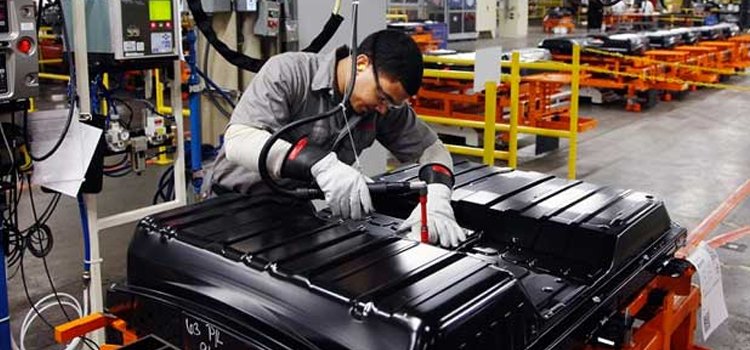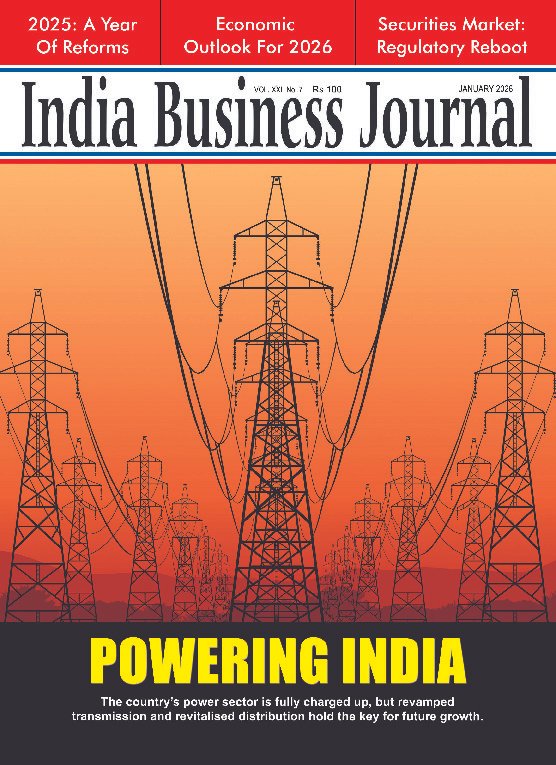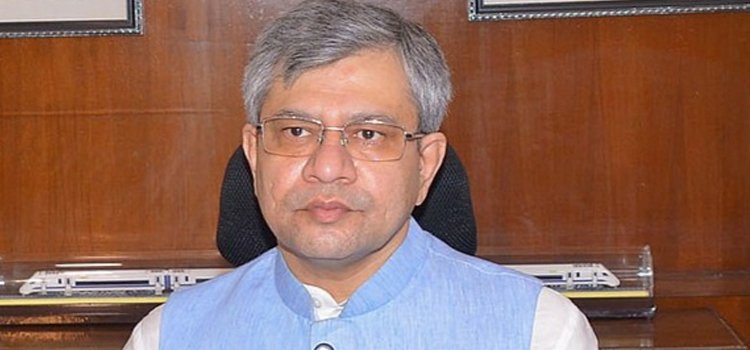INDUSTRY
With a fine mix of incentives and conditions, the new policy promotes a robust EV market
- IBJ Bureau
- Mar 24, 2024

A lot of thought seems to have gone into India’s newly-unveiled electric vehicle (EV) policy. The policy is a fine mix of incentives and conditions, on which the incentives will be available, making India an attractive manufacturing hub for EVs.
Under the EV policy, Customs Duty on imported EVs has been brought down to 15 per cent from the current range of 70 per cent (for vehicles priced lower than $40,000) to 100 per cent (for vehicles priced over $40,000). The concessional Import Duty will be applicable to EVs priced at $35,000 and above for a five-year period.
However, a company importing EVs under the new policy will have to set up a manufacturing facility in the country within a three-year period. In addition, 25 per cent of localisation has to be met within three years. By the end of the fifth year, the localisation content should be expanded to 50 per cent.
Moreover, the benefit of lower Import Duty will be available only for companies that commit a minimum investment of Rs 4,150 crore or $500 million to manufacture EVs in the country. Total number of EVs permitted for import has been capped at the investment made or Rs 6,484 crore, which is equal to the incentive under the PLI Scheme. A maximum import of 40,000 EVs at a rate not exceeding 8,000 per year will be allowed if the investment crosses $800 million. Companies will have to back their commitments with a bank guarantee in lieu of the duty forgone, and this will be encashed if they fail to meet the investment criteria.
The policy, which facilitates imports at a lower duty, shows that the government is ready to go the extra mile to attract big companies to set up EV manufacturing plants in the country. EVs account for a minuscule 1 per cent of the passenger vehicle market in the country, with the overwhelming majority of vehicles running on fossil fuel-based internal combustion engine (ICE). Moreover, the policy strikes a delicate balance between nurturing domestic manufacturers and luring foreign investments by providing the lower Customs Duty for imported EVs priced at $35,000 and above. Most of the Indian EVs are priced below $35,000, and the policy ensures that imported and domestic EVs can coexist and lead to a vibrant EV market.
The lower Customs Duty tied to stringent and time-bound conditions appears to be the right way to attract global automobile companies, including Tesla – which had been seeking lower Import Duty for an initial short period – to manufacture EVs in India. Besides, higher volume of production and ensuing economies of scale are poised to drive down prices of EVs and to tilt the passenger vehicle market in favour of the EVs.
The new EV policy is significant, given the climate goals India has set out to achieve by 2030 in the short term and by 2070 in the long term. India has committed to reducing the emission intensity of its GDP by 45 per cent by 2030 and achieving net-zero emissions by 2070. The new policy will see more EV options for customers in India as domestic manufacturers, barring a few, have largely played a wait-and-watch game. It will also force many ICE manufacturers in India to wake up to the need for having an EV market plan in place.
The new EV policy marks a significant stride towards establishing India as a premier manufacturing hub and attracting global investment. With a focus on tax relief and incentives, this policy heralds a new era in promoting EV adoption. Simultaneously, it drives India towards a clean and green sustainable future.





















Report By
View Reporter News